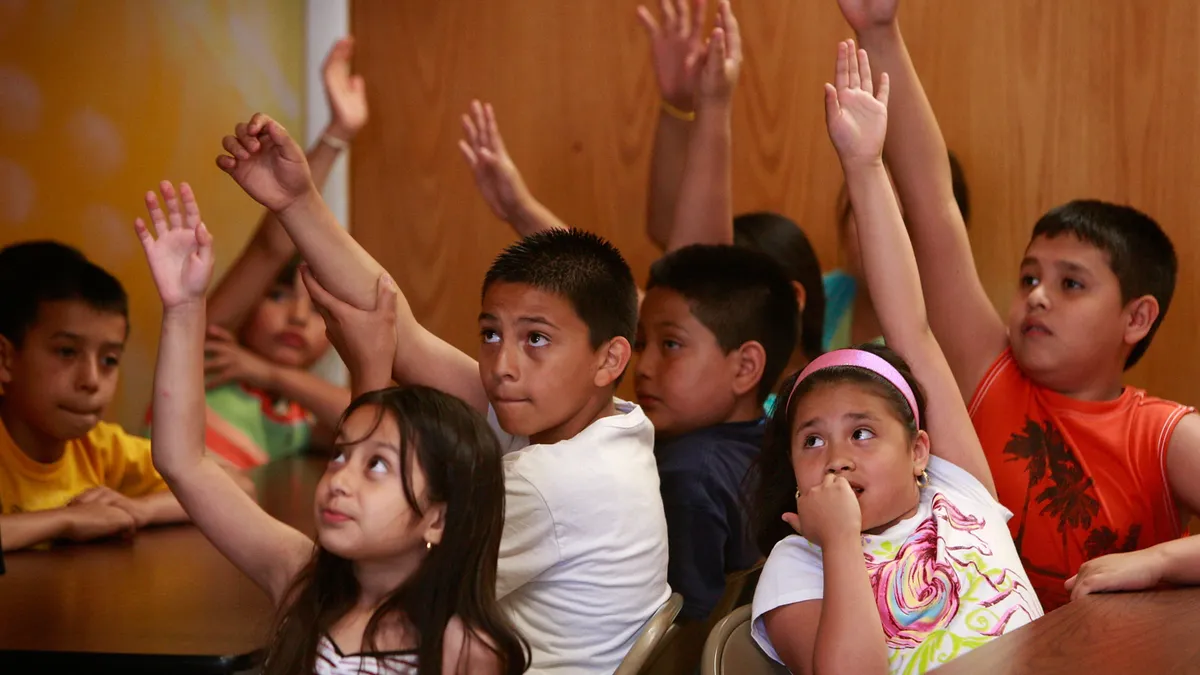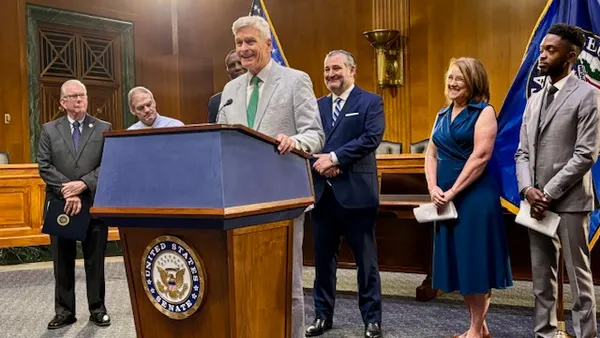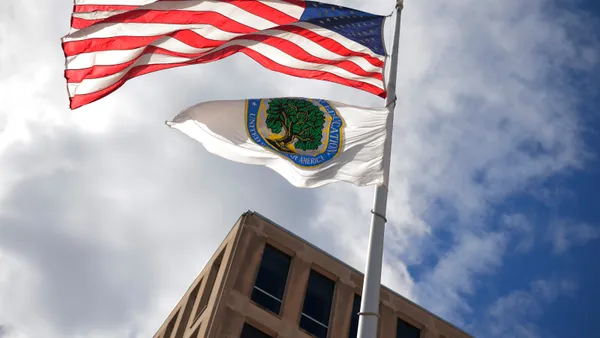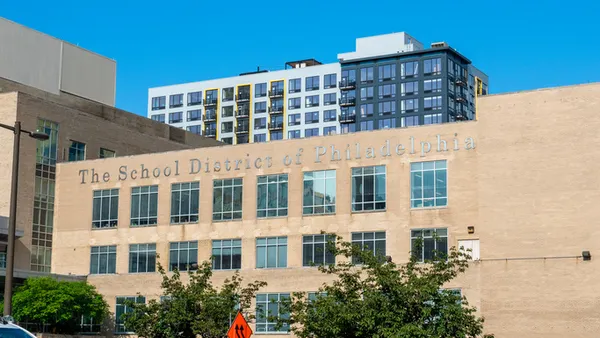Dive Brief:
-
Some 55% of K-12 parents said their children attended at least one structured program last summer that provided opportunities for learning, according to a Gallup poll released last week. Participation rates, however, were much lower for lower-income families (38%) than for those with higher incomes (67%).
-
Some 48% of 6,800 K-12 parents surveyed said they wished their children could have attended summer programs or participated more than they did, and 32% said financial barriers prevented their child from attending.
-
Summer programs were one of the main avenues school districts used to address academic lags following the pandemic and have been shown to benefit achievement. Despite their potential, districts and program providers anticipate curbing them as federal emergency pandemic funding dries up.
Dive Insight:
The most common summer programs addressed in the Gallup poll included local day camps, weekly enrichment courses, summer school and overnight camps. The nationally representative poll was conducted in May 2024.
Summer programs overall have been shown to help boost math achievement, which showed major declines in the Nation's Report Card following the pandemic. However, reading saw fewer gains from summer programs and "made only a modest dent" in overall COVID-19 recovery, according to the Center for Analysis of Longitudinal Data in Education Research.
As federal pandemic relief aid winds down, district leaders had anticipated cuts to summer programming, with 2 in 5 districts having expected funding decreases for summer 2024, according to a Rand Corp. report released in May. Budgets for summer 2025, or the first summer without federal pandemic aid, may also be thin, the report said.
After-school providers had also said they were prepared to scale back on their programs' sizes and services, according to another survey released in May by Afterschool Alliance, a nonprofit that seeks to expand after-school program access. About 40% were prepared to reduce programming, downsize staff or cut back on the number of students they serve.
About 80% of those providers said they were concerned that children needing after-school programming couldn't access it.
According to the Gallup poll released last week, roughly 24 million children did not participate in summer learning in 2023, assuming surveyed parents had provided the same opportunities to all of their children.
Last week, Sen. Chris Murphy introduced the Summer for All Act, legislation that aims to expand access to summer enrichment opportunities.The bill would authorize $4 billion over four years and $1 billion each fiscal year after that to fund summer learning grants under the Department of Health and Human Services.
One of the two grants would prioritize community-based organizations that partner with local schools to identify and enroll at-risk students, including those who were chronically absent during the school year.








 Dive Awards
Dive Awards





